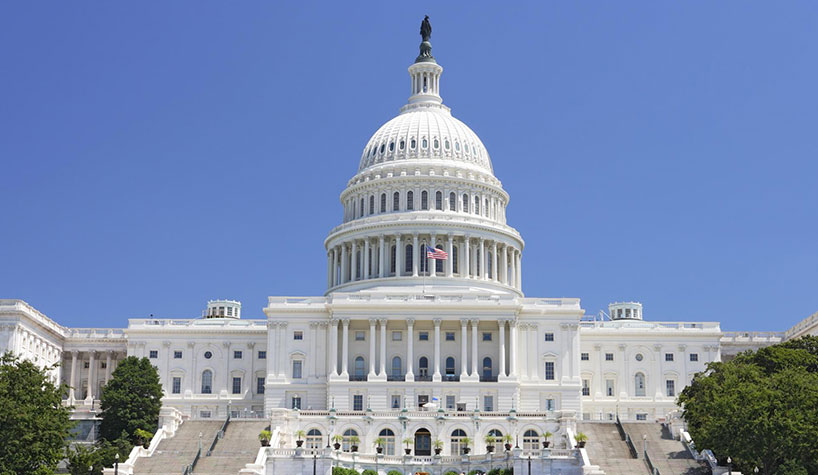WASHINGTON— The Senate passed the Coronavirus Aid, Relief and Economic Security (CARES) Act, late Wednesday, which would provide roughly $2 trillion in economic stimulus if it passes the House of Representatives and is signed by President Trump.
The legislation includes payments for millions of Americans, unemployment benefit expansions and loans for struggling businesses.
“The hotel industry applauds leaders in the administration and Congress who are working around the clock during this unprecedented public health crisis to ensure the health and well-being of our country and to pass a financial package that helps save the American worker and the industries that drive our economy, including the hotel industry,” said Chip Rogers, president/CEO, AHLA. “We are especially appreciative of Senate Majority Leader McConnell, Minority Leader Schumer and Treasury Secretary Mnuchin for their leadership and driving this process forward. It’s an important first step to getting our country’s economy up and running.”
He continued, “We continue to support the underlying foundation of the CARES Act to help the livelihoods of millions of American workers and thousands of small businesses. We are very grateful for all the work the senators have done on this bill, and we believe it is a critical step forward to help save our economy.”
Rogers did find fault with one aspect of the legislation. “There is one challenge that makes the current plan unworkable for hoteliers. The legislation limits an SBA loan to 250% of average monthly payroll. This limit will not allow a business owner to meet both payroll and debt service obligations beyond an estimated four to eight weeks. Consequently, it will result in furloughing the very workers the bill seeks to protect. Since the measure reduces debt forgiveness with any reduction in payroll, hoteliers would be forced to use the entire loan amount on payroll, at the expense of debt service. The harsh reality is that travel restrictions and mandated business closures remain in place. The outlook for the foreseeable future is zero revenue for most hotels. If a hotelier cannot make debt payments, the business will go under and the jobs are lost.”
He hopes that the House will make changes to the legislation to better assist the hospitality industry. “COVID-19 has been especially devastating for the hotel industry. Every day, more hotels are closing, and more employees are out of a job,” he said. “We urge the House to swiftly take up this legislation, while making these important changes. The hospitality industry stands ready and able to do whatever we can to make it through this unprecedented crisis, while building a foundation for a stronger tomorrow.”
AAHOA President/CEO Cecil P. Staton also expressed his organization’s appreciation for the passage of the legislation. “America’s hotel owners applaud this step to deliver economic relief to the workers and industries ravaged by the COVID-19 pandemic,” he said. “This relief package will put much-needed capital in the hands of many small business owners. This legislation includes important provisions to expedite the loan process for small business by delegating authority to local commercial banks and providing them with more flexibility with borrowers. We call on the House to pass this bill immediately and send it to President Trump for signature.”
He too believes that it does not do enough for hotel owners. “This legislation is a step in the right direction; however, there are administrative hurdles between small businesses and the capital they need. It may take weeks to get this capital, and many small businesses have days until they close,” he said. “We are disappointed that the formula for determining the maximum loans available to small businesses still does not provide hotel owners with sufficient liquidity to meet their obligations. This is of great concern to us because we do not anticipate travel to resume by May. That said, we are optimistic about working with the Trump administration and Congressional leadership on phase four of the economic stimulus to meaningfully address the liquidity crisis facing small-business owners across the country.”



